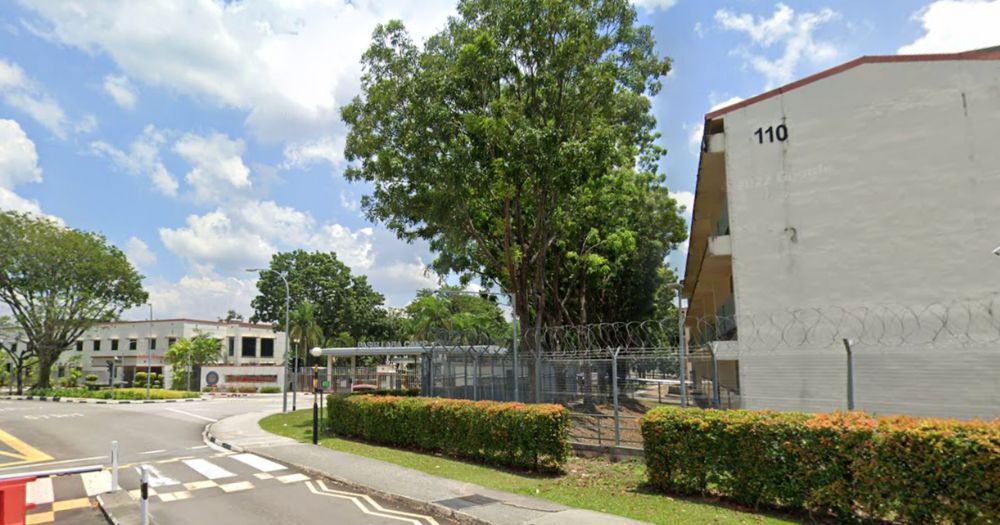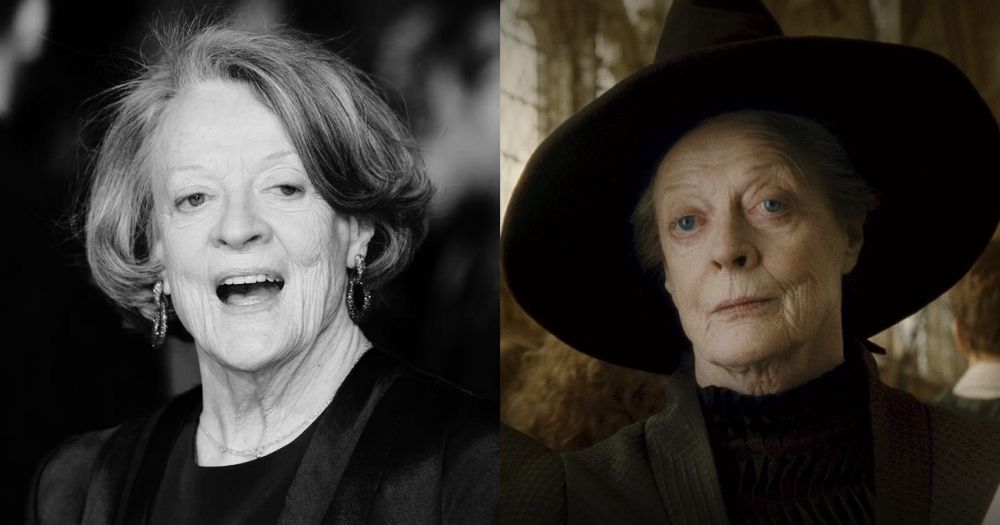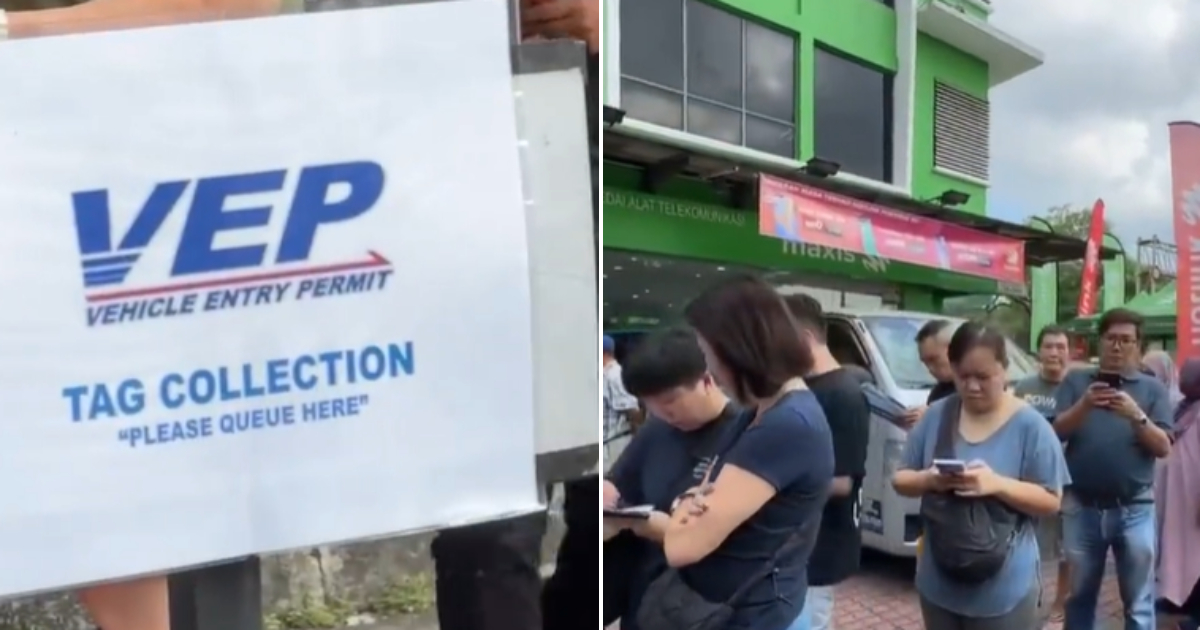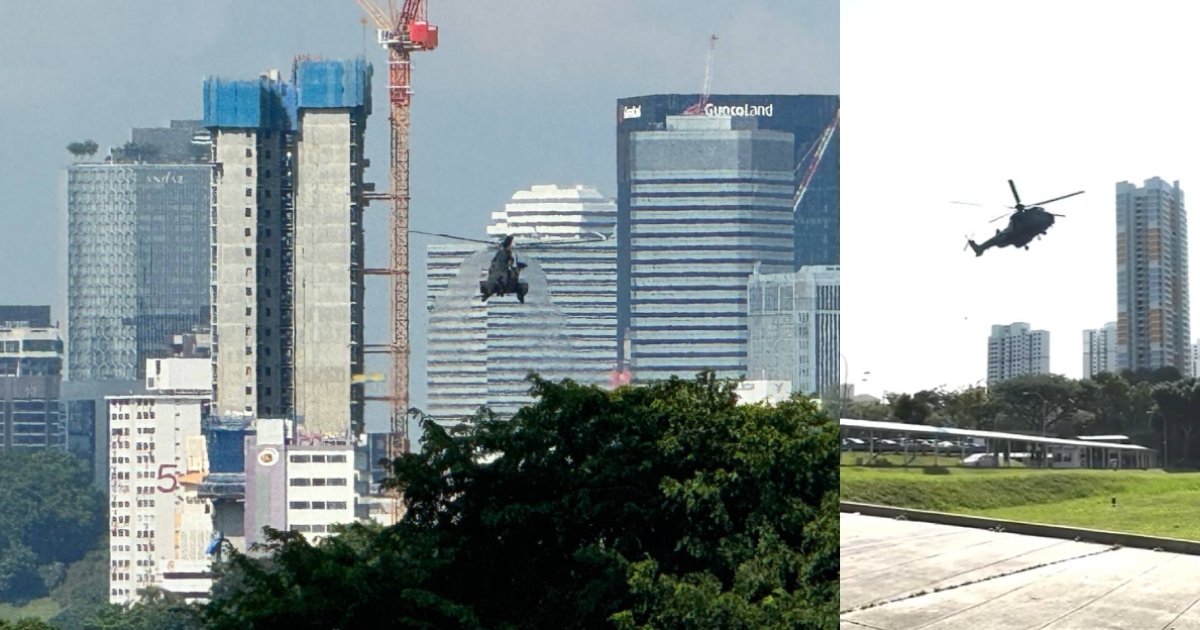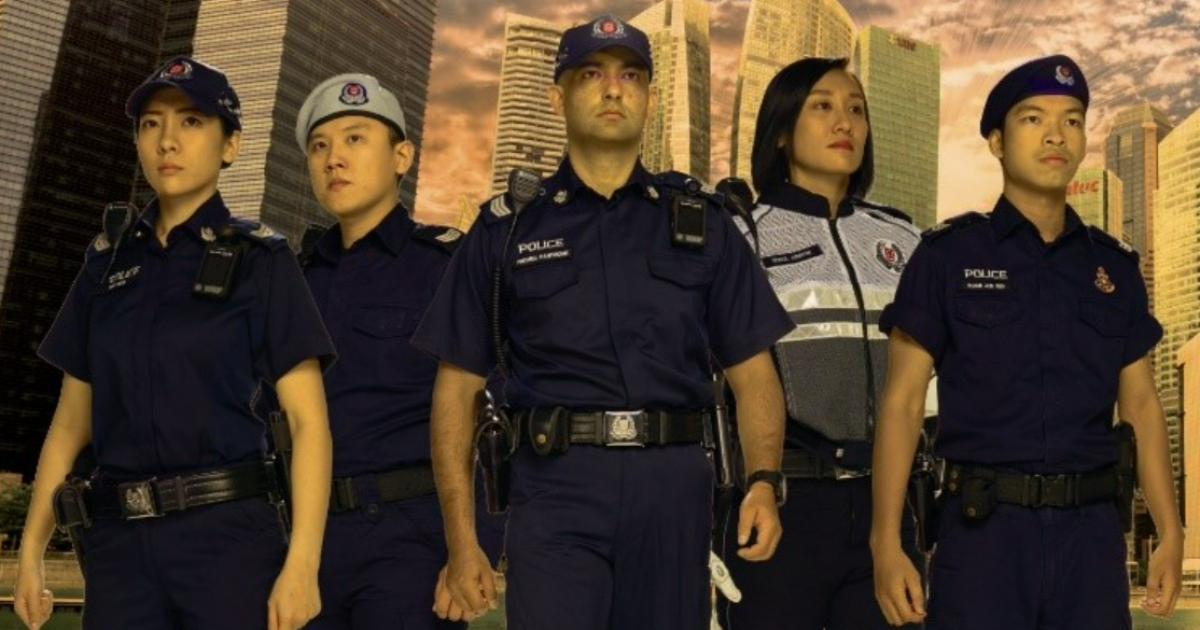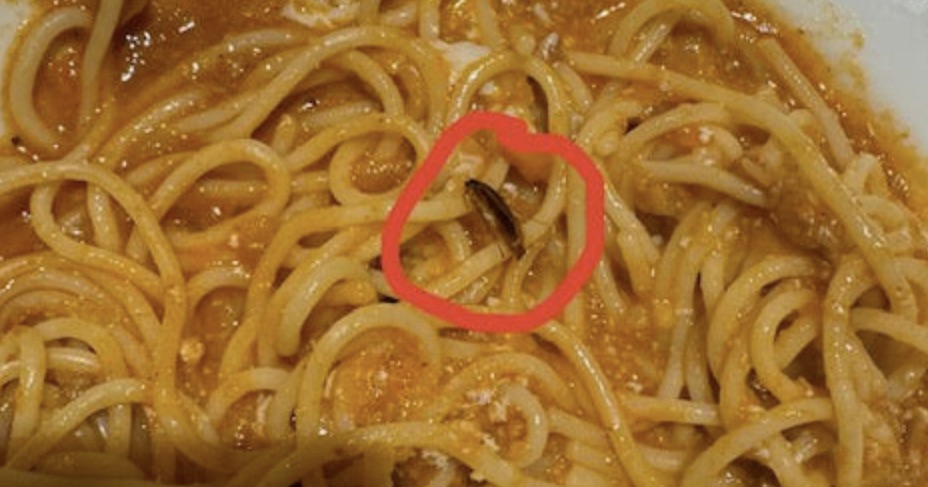POFMA order issued to activist group for false statements on treatment of death row prisoners
The post also alleged that the Singaporean government uses capital punishment to arbitrarily decide whether people live or die.

Minister of Home Affairs K Shanmugam has instructed the Protection from Online Falsehoods and Manipulations Act (POFMA) Office to issue a correction direction to the Transformative Justice Collective (TJC) over a post on Aug. 6.
The post alleged that the executions of two Singaporean death row prisoners on Aug. 2 and Aug. 7 were scheduled without regard for due legal process.
The post, which was uploaded across Facebook, Instagram and X, also alleged that the Singaporean government uses capital punishment to arbitrarily decide whether people live or die.
The statements were also corroborated in LinkedIn user Julie O'Connor's posts dated Aug. 6.
Hence, the POFMA office was also instructed to issue a targeted correction direction to LinkedIn.
LinkedIn will be required to place a correction notice on Julie O'Connor's post.
This is the second correction direction issued to TJC for making false statements relating to the treatment of prisoners awaiting capital punishment.
Clarifications
The Ministry of Home Affairs (MHA) said in a press release that an execution will only be scheduled when a prisoner awaiting capital punishment has exhausted all rights of appeal and the clemency process.
Referring to the prisoner executed on Aug. 2, 2024, MHA said that he was convicted for possessing 36.93g of diamorphine or pure heroin for the purpose of trafficking.
He was afforded due legal process, undergoing trial in the High Court after his arrest on Apr. 12, 2016.
He was convicted and sentenced to death on Feb. 15, 2019, and his appeal was dismissed on Nov. 25, 2019.
His application for clemency was denied by the president on May 20, 2020.
He went on to file three review applications, and was represented by at least eight lawyers throughout the legal proceedings.
The review applications were all dismissed, with the third review application statutorily prohibited and considered an abuse of court processes.
Similarly, the prisoner executed on Aug. 7, 2024 was convicted of having 35.85g of diamorphine or pure heroin for the purpose of trafficking.
He was similarly afforded due legal process after his arrest on Oct. 24, 2017 and underwent trial in the High Court in 2019 and 2021.
He was convicted after the trial and sentenced to death on Aug. 10, 2021.
His appeal was dismissed on May 11, 2022.
His application for clemency was first denied by the president on Oct. 14, 2022, and again on Nov. 22, 2022, when another clemency petition was submitted on his behalf.
On Dec. 3, 2022, the prisoner then filed a legal application for permission to review the court of appeal's decision to dismiss his appeal against his conviction and sentence, but the application was dismissed on Feb. 28, 2023.
On Jul. 31, 2024, he was given notice that his execution was to take place on Aug. 7, 2024.
During that time, he had one pending civil appeal, but filed a Notice of Withdrawal of Appeal on Aug. 5.
There were therefore no ongoing legal proceedings when his execution was carried out on Aug. 7, 2024.
"It is therefore false and misleading to suggest that the executions of the Singaporean death row prisoners on Aug. 2 and Aug. 7, 2024 were scheduled without regard for due legal process," said MHA.
All laws in Singapore, including those relating to the death penalty, are considered and enacted by the legislature, according to the proper legal process, the ministry added.
"Our laws are not made arbitrarily."
In addition, every accused person facing capital punishment in Singapore is required to undergo a full trial before a sentence is imposed.
MHA also reminded Singaporeans on the consequences of drug trafficking. The death penalty will be imposed if drugs are trafficked above the capital sentence threshold.
"Our laws are not enforced arbitrarily."
Top photo via MHA and Tamara Gore/Unsplash

MORE STORIES







